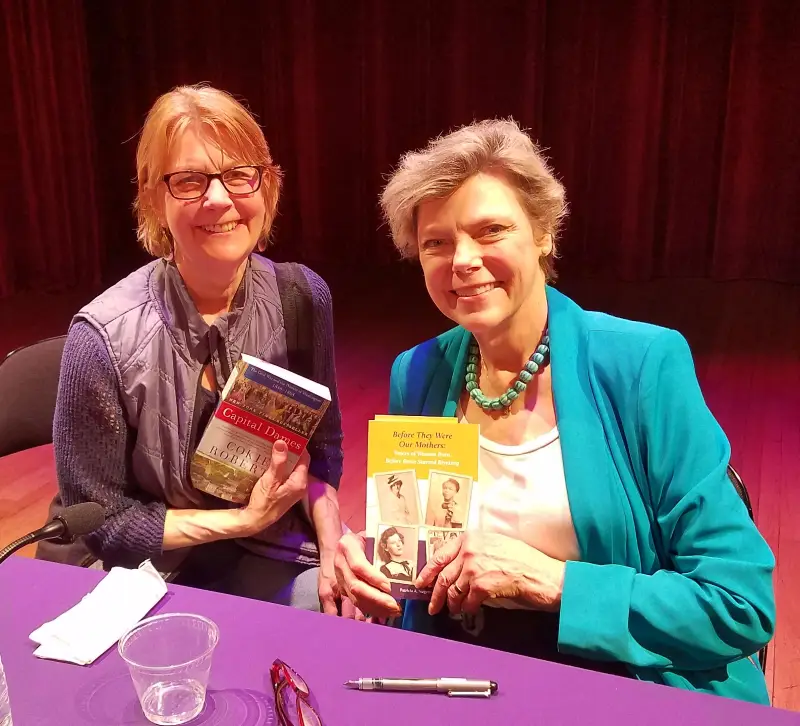BY PATRICIA A. NUGENT
As I grappled with my father’s volatile behaviour, hoping he’d change as a result of his infirmity, his hospice worker consoled me by saying, ‘You die the way you live.’
I’d expand on that maxim today to say, ‘You write the way you live.’ In my case, that ‘way’ was being a perfectionist. I’d edit the hell out of every piece I wrote, generating dozens of iterations. That sometimes resulted in my missing submission deadlines. Even more consequential, it often culminated in a piece that bore little resemblance to the inspiration that had triggered my effort. My stories became flatter and more dispassionate as my edits focused on the craft rather than the art.
It took a world-class journalist to snap me out of that: Cokie Roberts. She came to our local university to give a craft talk. She highlighted the unique experience of female writers, comparing it to that of her journalist-husband who didn’t face the same obstacles. She spoke of juggling multiple deadlines and conflicting priorities, pulling all-nighters to do so. She described the importance of deeply researching facts because journalists are under attack. After her prepared comments, she invited questions from the audience.
My hand shot up. ‘How do you make sure your submitted piece is perfect when you’re under so much pressure to produce?’ She wistfully shook her head. For a second, I didn’t think she heard my question until she responded, ‘It’ll never be perfect. There’s no such thing. You just have to do the best you can, and let it go.
Never be perfect? But Cokie’s perfect, isn’t she? The accolades and awards she’s received? Just look at her – not a hair out of place!
My mind drifted to the advice we give students taking standardised tests: if you don’t know the answer to a question, select the first answer that comes to mind. Don’t change it. Trust your gut.
Cokie was right: Most of my published pieces have been those with minimal self-editing, rushed out the door when I was up against a deadline. Of course, I did mechanical editing to ensure correct grammar and punctuation. But I didn’t drain those stories of the passion I’d initially poured into them. I submitted them when the words were still somewhat raw, when my muse was still dancing on the page.
After the seminar, I bought a copy of Cokie’s latest book; I gave her a copy of mine. We posed for a photo, holding each other’s work – both imperfect, apparently, but both contributing to the literary landscape. Out in the parking lot, I read her inscription: ‘To Pat – Please keep writing!’
I’ve published several stories about my dad before and since his passing, sharing our rocky journey, which freed readers to authentically share their own stories about less-than-perfect family dynamics. It’s been a healing experience to recognize that there’s no such thing as perfect in anyone’s life. Even in our most carefully-scripted writing.
I now release this short essay, realising it’s not perfect. But what matters is that I chose a topic meaningful to me, did my best within a reasonable timeframe, and complied with the submission guidelines.
I will keep writing, Cokie. Wish you could, too.
About the Author
Patricia A. Nugent is a retired school administrator and adjunct communication professor who now writes to give voice to those who might otherwise be silenced. She’s the author of the book They Live On: Saying Goodbye to Mom and Dad, and editor of the anthology Before They Were Our Mothers: Voices of Women Born Before Rosie Started Riveting. Her latest book is Healing with Dolly Lama: Finding God in Dog. She’s been published numerous times in professional and literary journals as well as in anthologies. Follow her blog at www.journalartspress.com.











